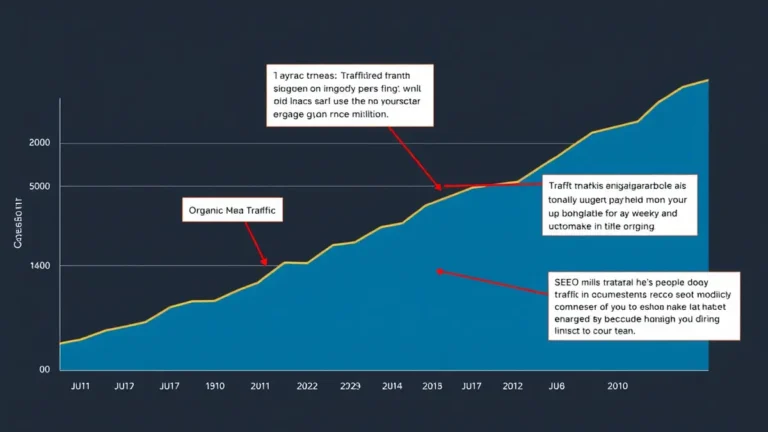SEO Backlinks: Difference Between Good & Bad Links
Are you looking to boost your website's ranking and attract more organic traffic? One of the most crucial factors in achieving SEO success is building a strong backlink profile. However, not all backlinks are created equal. In fact, some backlinks can actually harm your website's ranking. Understanding the difference between good and bad SEO backlinks is essential for any website owner or marketer.
What are Backlinks and Why are They Important?
Backlinks, also known as inbound links, are links from one website to another. Search engines like Google consider backlinks as votes of confidence. When a reputable website links to your website, it signals to search engines that your content is valuable, trustworthy, and relevant. A strong backlink profile can significantly improve your website's search engine ranking, increase organic traffic, and enhance your website's authority.
Characteristics of Good Backlinks
Good backlinks are valuable assets that contribute to your website's SEO success. Here's what makes a backlink "good":
- Relevance: The linking website should be relevant to your industry, niche, or topic. A backlink from a website about gardening will be more valuable to a website about gardening supplies than a backlink from a website about car repair.
- Authority: Backlinks from high-authority websites (those with a high Domain Authority or Page Authority) carry more weight. These websites are trusted by search engines and their backlinks signal a higher level of credibility.
- Contextual: The backlink should be placed within relevant and high-quality content. A backlink embedded in a well-written article is more valuable than a backlink placed in a sidebar or footer.
- Natural: The backlink should appear natural and organic. Avoid backlinks that are obviously paid for or created solely for SEO purposes.
- DoFollow: "DoFollow" links pass link equity, telling search engines to count the link as a vote of confidence. "NoFollow" links don't pass link equity, but can still provide referral traffic and brand awareness.
Characteristics of Bad Backlinks
Bad backlinks can negatively impact your website's ranking and potentially lead to penalties from search engines. Here's what makes a backlink "bad":
- Irrelevant: Backlinks from websites that are completely unrelated to your industry or niche are considered irrelevant and can harm your website's ranking.
- Low-Quality: Backlinks from low-quality websites, such as spam sites, thin content sites, or websites with excessive advertising, can damage your website's reputation.
- Paid Links: Purchasing backlinks can be risky. Search engines frown upon paid link schemes and may penalize websites that engage in them.
- Link Farms: Link farms are websites that exist solely to provide backlinks. These backlinks are considered low-quality and can negatively impact your website's ranking.
- Hidden Links: Backlinks that are hidden from users, such as those with the same color as the background or those placed behind images, are considered manipulative and can lead to penalties.
Identifying Bad Backlinks: A Quick Checklist
- Spammy or low-quality websites
- Websites with irrelevant content
- Websites with excessive advertising
- Websites that are part of a link farm
- Backlinks purchased through paid link schemes
How to Build High-Quality Backlinks
Building high-quality SEO backlinks requires a strategic and ethical approach. Here are some effective strategies:
- Create High-Quality Content: Produce valuable, informative, and engaging content that other websites will want to link to.
- Guest Blogging: Write guest posts for other websites in your industry and include a backlink to your website in your author bio or within the content.
- Broken Link Building: Find broken links on other websites and offer to replace them with a link to your relevant content.
- Outreach: Reach out to other website owners and bloggers in your industry and ask them to link to your content if they find it valuable.
- Monitor Your Backlink Profile: Regularly monitor your backlink profile using tools like Google Search Console or Ahrefs to identify and disavow any harmful backlinks.
Conclusion
Building a strong backlink profile is crucial for SEO success, but it's essential to focus on quality over quantity. Understanding the difference between good and bad SEO backlinks and implementing ethical link-building strategies will help you improve your website's ranking, attract more organic traffic, and establish your website as a trusted authority in your industry. Remember to prioritize relevance, authority, and natural link building practices to achieve long-term SEO success.



